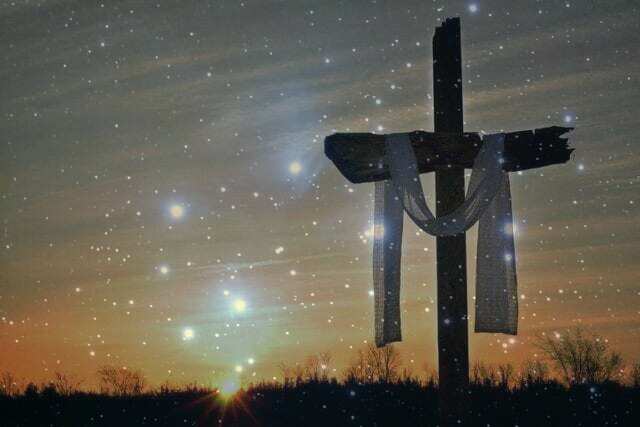Lana Hart wants to replace the Easter break with a Matariki break in July and to replace the Queen’s Birthday holiday with Suffrage Day.
She targets Easter and the Queen’s Birthday for demotion because those “holidays celebrate ideas that are no longer meaningful to most Kiwis”. She doesn’t do a very good job of supporting this claim. She gives the Christian count as “just over a third of us”, which sounds like a lot to me, the only bigger groups I know of being women, men, and Pakeha. She doesn’t give a number for “royalists” at all, perhaps because they too might be a surprisingly big number.
I can see how Suffrage Day would appeal to a lot of people, though it seems to me to be primarily a Pakeha day as it concerns the operation of a “colonial” electoral system. Conversely, although some Pakeha will adopt Matariki, it is only directly relevant to Maori, a far smaller group than those considered by Hart to be unimportant.
In other words, there is nothing democratic or egalitarian about what Hart is proposing: she just prefers some groups over others. I mention democracy and egalitarianism because Hart promotes Suffrage Day by saying it is “humming with the Kiwi tunes of egalitarianism, democracy, and innovation”. I think her focus is really innovation, and she has decided to adorn it with some more solidly important ideas.
(In case it needs to be said, I’m not against innovation. However, it varies in quality and impact and should be neither opposed nor venerated. Everything was an innovation once upon a time.)
Promoting Matariki over Easter, Hart says “Matariki is a time to come together with friends and whanau, sharing meals, playing games, and reflecting on the past and future”. Sounds a bit like Easter to me.
This shabby reasoning is further evidence of a cultural coup that only grows less interested in analysis and discussion as time passes.
It’s not just about public holidays
The general theme is “Out with the old, in with the new”. Not all the old, only what gets in the way: for the time being, Maori culture and world view are being promoted to help remove the real difficulties. Not just anything new, only what the elite has already decided on.
Malcontents have been dissing Christianity and, if I may, “Britishness” (from English literature and classical studies to the monarchy and Guy Fawkes Day) for a long while now.
I believe that de-Christianising New Zealand is an altogether bad idea – partly because I am a Christian who believes Christianity to be true, but also for other reasons. Like it or not, Christianity is a critical dimension of “who” New Zealand is. (This claim will require another article.)
When I moved from Melbourne to Wellington in 2015, I knew I was coming to a place that is far more British than Australia, and I never saw it as my role to question or resent this. As a Christian of the Irish Catholic variety, I am not sensitive about dissing the Brits but, no matter how I “feel” about Britishness (or the British version of being Western), I know that it too is integral to New Zealand’s identity.
Hart stumbles across this when she mentions New Zealand’s “colonial roots”. She says “roots”, but doesn’t take the idea seriously.
If New Zealand is de-Christianised or de-Westernised, this process will uproot New Zealand’s identity – a very destructive process that should not even be considered without wide, deep and long discussion that is not managed by partisan interests.
I am not arguing that being Christian and/or Western is good. I personally believe it is, but that is not the present point. I also don’t wish to conflate “Christian” and “Western” just because they arrived here at about the same time. Christianity is both Western and Eastern and the West, while deeply Christian, has for some time accommodated other religions and schools of thought that oppose religious belief.
I am only saying that, good or bad, these characteristics are the larger part of New Zealand’s cultural root system and that fact must be taken seriously.
(I realise the other key component of our root system is Maori culture and world view. Important as this is, it isn’t relevant to this article; and, as a recent arrival, I’m not qualified to say much about it.)
It shouldn’t be necessary to make such a self-evident point but, unfortunately, some New Zealanders are willing to expose New Zealand to the risks involved in uprooting it by erasing most of its identity – and, as we are increasingly aware, replacing that identity with something else of their choosing.
Things are moving fast
That “something else” is moving into focus, but we know it will not be discussed openly and critically; it will just fall on us all like Stephen King’s “Dome”. Some people are speaking about “decolonising” New Zealand. What is actually happening is New Zealand is being recolonised – this time by an alien ideology that is already deeply entrenched and will not enter a treaty with those who were here before it hit the beach.
If you enjoyed this BFD article please share it.

